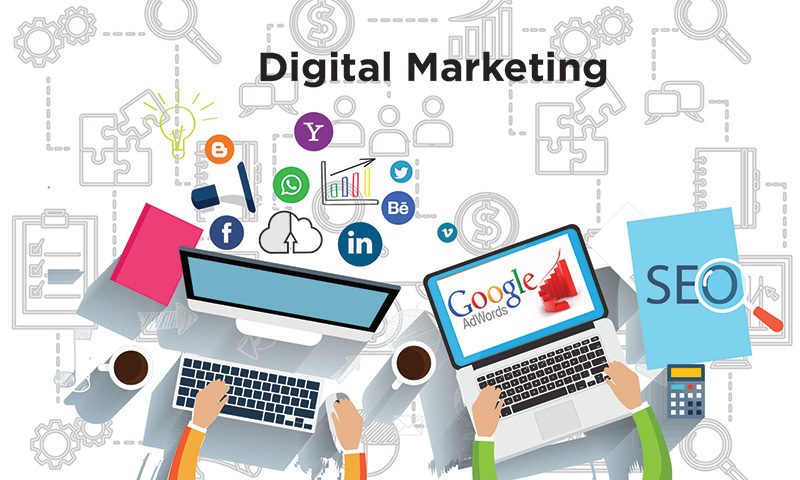Sharing research findings and gaining citations are vital components of a researcher’s career progression. Traditionally, this has been achieved through publishing in high-impact journals and presenting at conferences. However, with the digital age transforming how information is consumed and disseminated, researchers can now leverage Search Engine Optimization (SEO) to widen their research’s reach. Digital marketing agencies have long mastered the art of SEO in the business world, and these same principles can be applied to academia.
Understanding SEO Basics for Researchers
SEO is the practice of optimizing content so that it ranks higher in search engine results pages (SERPs). For researchers, this means making sure that their articles, blogs, and other digital content appear prominently when specific keywords pertinent to their research are searched. A digital marketing agency excel in understanding how search engines work and can provide valuable insights into keyword research, content structuring, and backlinking — all crucial SEO elements.
Researchers should begin by identifying keywords that are relevant to their work. Keywords are essentially the terms and phrases that potential readers will type into search engines. For example, if you’re researching the impact of climate change on agriculture, keywords might include “climate change effects on crops” or “sustainable farming strategies.” Integrating these keywords naturally into your content can help improve your visibility online.
Creating High-Quality Content
High-quality content is fundamental to SEO success. A digital marketing agencyemphasize the importance of producing content that is not only informative but also engaging and accessible. For researchers, this means writing articles, blog posts, and summaries that clearly communicate their findings without jargon while ensuring the content is authoritative and backed by data.

Moreover, content should be structured logically with clear headings, subheadings, and bullet points where appropriate. This not only aids readability but also helps search engines understand the context and relevance of the information. Adding multimedia elements such as infographics, videos, and images can further enhance content quality and engagement.
Utilizing Academic and Social Platforms
A digital marketing agencyoften utilize multiple platforms to disseminate content effectively. Researchers can adopt a similar strategy by leveraging academic platforms like ResearchGate, Google Scholar, and institutional repositories, in combination with social media platforms like LinkedIn, Twitter, and academic blogging sites.
Ensuring Mobile Optimization
With the ubiquitous use of smartphones, mobile optimization is no longer optional. Digital marketing agencies have highlighted that a significant portion of web traffic comes from mobile devices. Therefore, for researchers, it’s crucial to ensure that their content is mobile-friendly. This involves having a responsive design that adapts to different screen sizes, fast loading times, and an intuitive user experience.
Leveraging Analytics
SEO is an ongoing process that requires constant monitoring and adjustment. A digital marketing agencyroutinely use analytics tools to track the performance of their content and make data-driven decisions. Researchers can utilize similar tools, such as Google Analytics, to monitor how their content is performing in terms of website traffic, bounce rates, and user engagement.
By analyzing this data, researchers can get insights into what’s working and what isn’t, allowing them to adjust their SEO strategies accordingly. This might involve tweaking keyword usage, improving content quality, or enhancing distribution tactics.
Networking with Digital Marketing Agencies
Finally, researchers need not go it alone. Networking with digital marketing agencies can provide access to expertise and resources that might otherwise be unavailable. These agencies offer a wealth of knowledge on the latest SEO trends and techniques, and partnering with them can significantly amplify the reach and impact of academic research.
SEO presents a powerful tool for researchers seeking to share their knowledge and increase citations. By understanding SEO basics, creating high-quality content, utilizing various platforms, ensuring mobile optimization, leveraging analytics, and networking with digital marketing agencies, researchers can enhance their online presence and academic influence in the digital age.